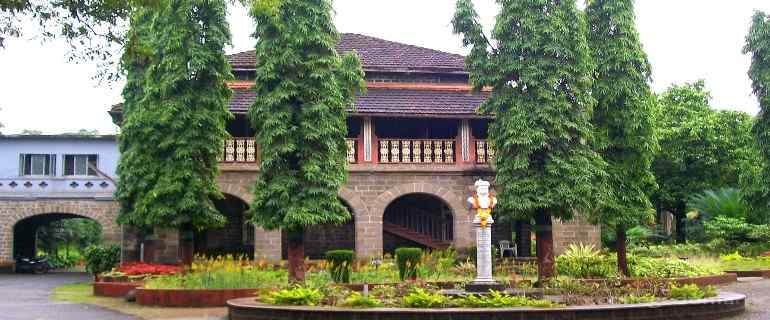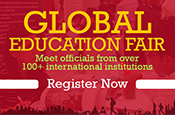Gokhale Institute of Politics and Economics, Pune, established in 1930 by the Servants of India Society, is the oldest research and training institute in Economics in the country. It is dedicated to research into the socio-economic dimensions of the Indian society, and carries forward the legacy of Gopal Krishna Gokhale who founded the Servants of India Society in 1905 with a view to promote education and develop capabilities among Indians for the governance of the nation after it had attained its political independence.
The Institute is registered under the Societies Registration Act, 1860, and the Bombay Public Trusts Act, 1950. Over the decades, the Institute has established strong credentials in empirical and analytical research. In recognition of its contribution to higher learning and research in Economics, the Institute was awarded the status of institution Deemed to be University, in 1993.
The primary objective of the Institute is to conduct research in the socio-economic dimensions of the Indian society, and impart training to researchers in this domain. The thrust areas of research at the Institute are Agricultural Economics, Rural Development & Cooperation, Population Studies, Input-Output Studies for Planning & Development, Monetary Economics & Finance, Public Economics, International Economics, among others.
Gokhale Institute of Politics and Economics is renowned for its initiatives in qualitative research in diverse areas of economic theory and practice. The Institute is credited with pioneering contributions by way of surveys, research, informed debate, analysis and critique which have shaped public discourse on major socio-economic initiatives and in formulating economic plans at the regional level in the State of Maharashtra, as well at the national level.
The primary objective of the Institute is to conduct research in the socio-economic dimensions of the Indian society, and impart training to researchers in this domain. The thrust areas of research at the Institute are Agricultural Economics, Rural Development & Cooperation, Population Studies, Input-Output Studies for Planning & Development, Monetary Economics & Finance, Public Economics, International Economics, among others.


